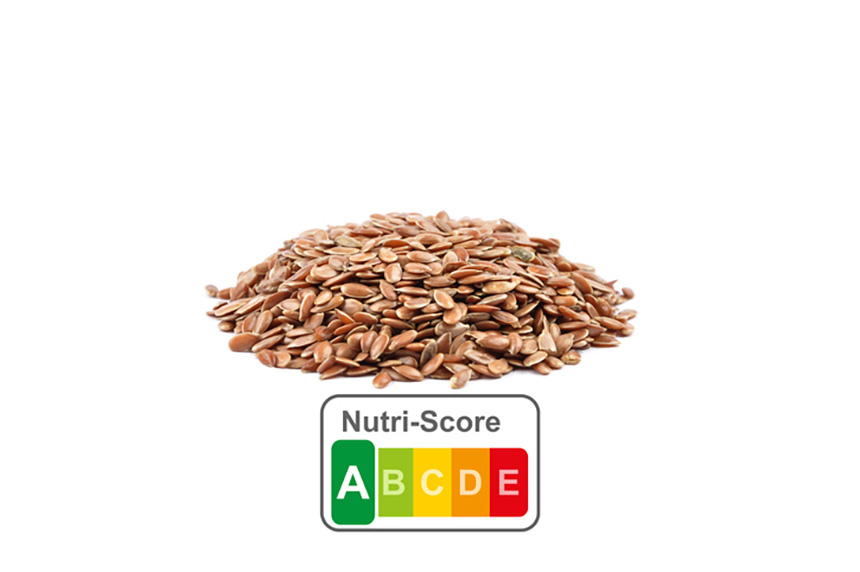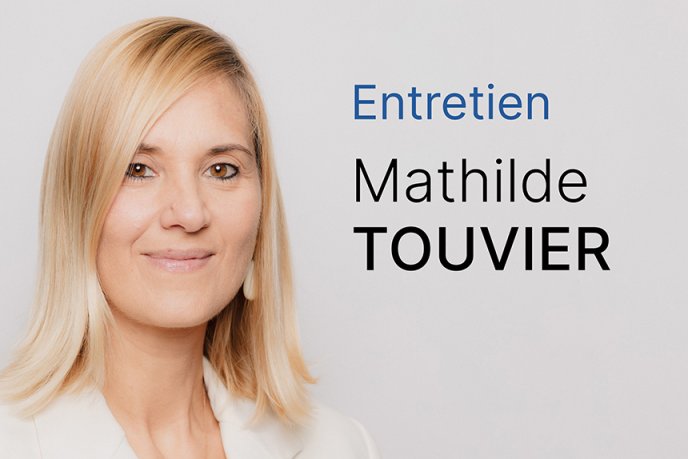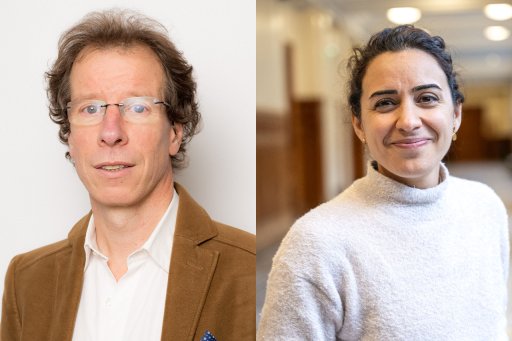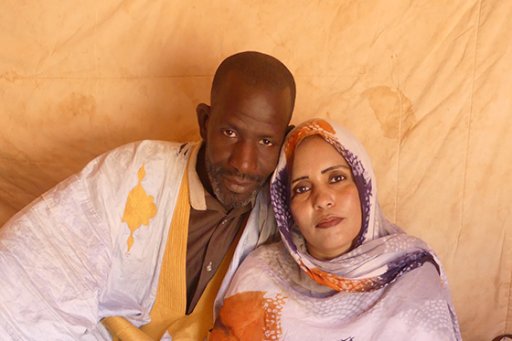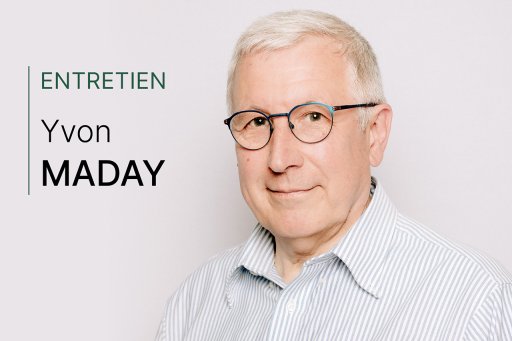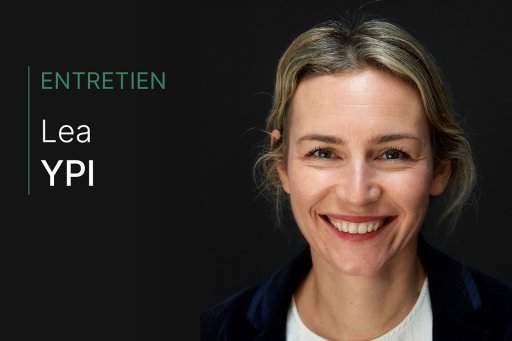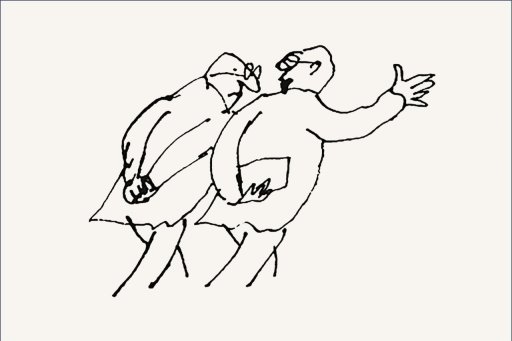Research Director at Inserm and principal investigator of the NutriNet-Santé study, Mathilde Touvier is interested in the causal relationships between nutrition and human health, using a holistic, multidisciplinary approach. Her team's work contributes to the recommendations of the French National Nutrition and Health Program.
For 2022-2023, she has been invited to hold the Public Health Annual Chair at the Collège de France, created in partnership with Santé publique France.
Your work focuses on the relationship between nutrition and health. How did you become interested in this subject ?
Mathilde Touvier : I've always been drawn to the field of human health. At the start of my studies, I thought of studying medicine, but I was more interestedin prevention through research than in clinical care. So I enrolled at AgroParisTech, which specializes in human health and nutrition. Then I took a detour to California, to the University of Davis, where I did an internship involving laboratory experiments on rodent models, focusing on the metabolic pathways involved in the etiology[1] of obesity and a hormone, leptin. This interlude made me realize that I wanted to work on pathology prevention, but with a disciplinary field that wasn't fixated on a particular metabolic pathway ; with a slightly more holistic approach to the individual, in short, taking into account the factors in his environment, his personal and family history, and his behaviors that influence the risk of chronic disease. These aspects of epidemiology and public health weren't very clear to me at the outset, but became clear to me following this internship, which was very much focused on experimental research and bench work. During my final year at engineering school, I had the chance to carry out my engineering project with the French Food, Environmental and Occupational Health Safety Agency (l'Anses), which inspired me to complete my course with a Master's degree (DEA at the time) in public health. From then on, the dual course of study in nutrition, public health and epidemiology made perfect sense, and I don't regret my choice at all, as it corresponds to me completely in terms of its impact on human health and prevention, with aspects that are at once cultural, socio-economic and socio-ecological - nutrition being at the crossroads of all these factors.
You head up the NutriNet-Santé study, which has been assessing the link between eating habits and health since 2009. How is the data collected and studied ?
The idea is to collect, via the Internet, a vast amount of information on nutritional exposure - everything to do with diet, lifestyle and eating patterns, but also physical activity and sedentariness, notions that are taken into account in the global field of nutrition. We have a set of tools that make this study, at international level, one of the most advanced and detailed on the characterization of these eating habits, with certain emerging behaviors, and others, more traditional. We are working with what is known as " a cohort ". We follow a group of participants over time, and some will develop pathologies such as cancer, diabetes or cardiovascular disease, while others will gain or lose weight, for example. There's a lot going on in terms of health, which we measure by means of a regular questionnaire and a medical committee, which, when a particular event is detected, checks additional information, such as hospitalization reports, to validate all these health events. Our data is also linked to the medico-administrative databases of the French health insurance system. We also collect a great deal of information on lifestyle factors that are not directly related to diet, but which can play a confounding role in the relationship between health and nutrition, such as smoking, sun exposure and medication. The evaluation of these profiles is very comprehensive, with data collected repeatedly throughout the follow-up. This enables us to study the associations between a dietary profile - with its possible nutritional exposure to certain additives or contaminants - and a greater or lesser risk of developing a particular pathology. To date, this large-scale cohort includes more than one hundred and seventy-three thousand participants aged fifteen and over, and is said to be open, i.e. we recruited a large part of the sample in 2009, when the study was launched, but we are still recruiting new volunteers who join us as the study progresses each year.
